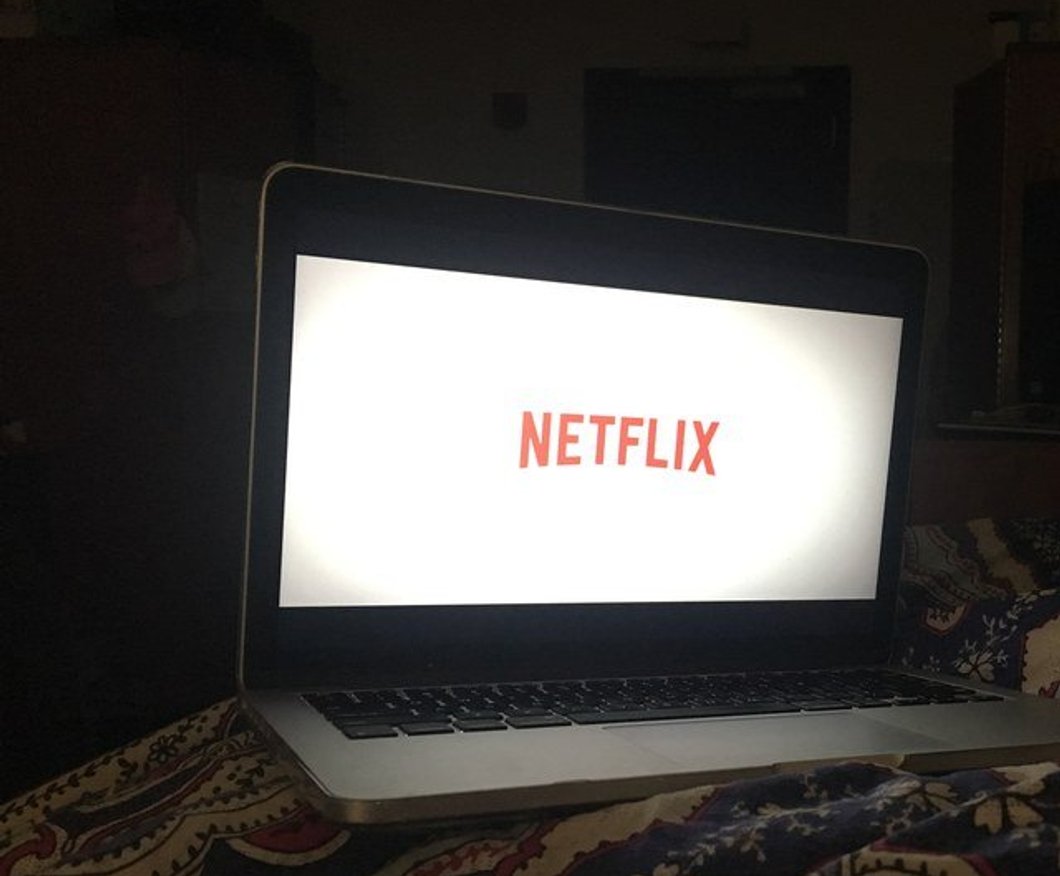Everyone knows the type: too cool for school, the student who would rather sit in the back of the room and make snide comments about everyone else's participation than actually participate. Maybe we're all having flashbacks to middle school right now, listening to the kid in the back of the class call out the "geeks" and "know-it-alls" who answered the teacher's questions or volunteered to work problems on the board. Even in college, though, these characters persist. This semester, I sit quite near one such individual in my favorite class, and I am his favorite target. You see, I have always loved school and been enthusiastic in class discussions. I love to pose questions, test examples, and try connections among ideas. Of course, I have done just that in this particular class, but as the semester progresses, I find myself increasingly distracted by this student's snickering at my eagerness. I watch him not-so-subtly lean over to his buddies and offer one-liners after I voice an idea during discussion. Usually, this doesn't bother me, but one day I felt actually flustered and self-conscious in response to his immaturity. So, I began to journal about it, and this is what eventually came out:
Go ahead, snicker.
Did I ask your permission to speak?
I didn’t think so.
Unless you recall something I don’t.
Perhaps, because it seems
That I’ve offended you somehow.
Does it surprise you
That I let my ideas fly
Rather than kowtow to the silence
Of status quo?
Yes, I have things to say,
Questions to pose,
Connections to make.
That’s why we’re here, no?
Well, at least for me.
Maybe you’re just killing four years.
You sure seem to be passing them violently,
Tearing down anything that makes you uneasy,
A little harder to process
Than locker room talk,
Affirmations from your select team.
Maybe you’d rather not see
That there’s a whole lot of world out there
More complicated than your privileged corner.
I know: it’s scary growing older.
The more I grow up,
The smaller I feel,
But please, you don’t have to act like a child
Mocking my words every day,
Feigning apathy to avoid facing reality,
Protecting a fragile construct of rough masculinity
Because mark my words,
It won’t last.
Progress is coming at last
and will leave you with whiplash
if you stand so stiff in your ways.
So, open by asking a question,
Or at least openly questioning me.
Vent your resentment directly;
Let’s make this a conversation.
Sorry, champ, but
Life’s a two-way street
Not your personal racetrack.
So, go ahead,
Ask me,
And I’ll tell you that
Your incessant snickering used to leave me weary
Until I remembered
That your Jabberwocky jibber jabber
Is all but nonsense
born in looking-glass land.
I hold the vorpal sword
To slash the jaws that bite,
The claws that catch.
I refuse to hide
Within a mirror,
To reflect the same self-consciousness
You try to project onto me;
I can silence your snickers
With a swish of my sword,
Swinging, “snicker-snack!”
So, go ahead,
Ask me,
And I’ll tell you that
I’m neither angry
Nor afraid,
But sorry that you are so caged.
Don’t bite me,
But the bars that hold you back.
The fists clenching the lie that
Real men must claw and snatch
At anything that questions their ascendency
Anything that highlights the confinement
Of your version of masculinity.
I’m sorry that under lock and key
Is where you feel safe
Because it leaves you no room to grow
No space to change.
So please,
Ask me:
When I make a feminist remark,
When I am excited about deconstruction theory,
Or question gender normativity,
Sometimes I talk so much in class
Just to pick up your slack.
Question me, mock me,
Whatever suits your fancy,
Just talk to my face
Rather than behind my back.
I don’t play dumb.
I’m not blind.
Do I ask your permission to speak?
No, so don't wait for mine.
Now, the humbling thing about writing this piece has been realizing that I too have been that same student at times. Obviously not pressured by shallow ideas of masculinity, but insecure and more comfortable in finding fault in others than risking vulnerability myself. We've all been that person. We're all human. So, this piece is not an attack on any one person, but on human frailty, our nonsensical social responses. It is a critique of our tendency to avoid discomfort by making others uncomfortable instead. The most important thing that I have realized in processing through this experience is the value of engaging with our own discomfort and being curious about our impulse to mock what might be different or unexpected according to a certain social norm. My hunch is that that discomfort marks the threshold of an opportunity for insight.





 Photo by
Photo by  Photo by
Photo by  Photo by
Photo by  Photo by
Photo by  Photo by
Photo by 










